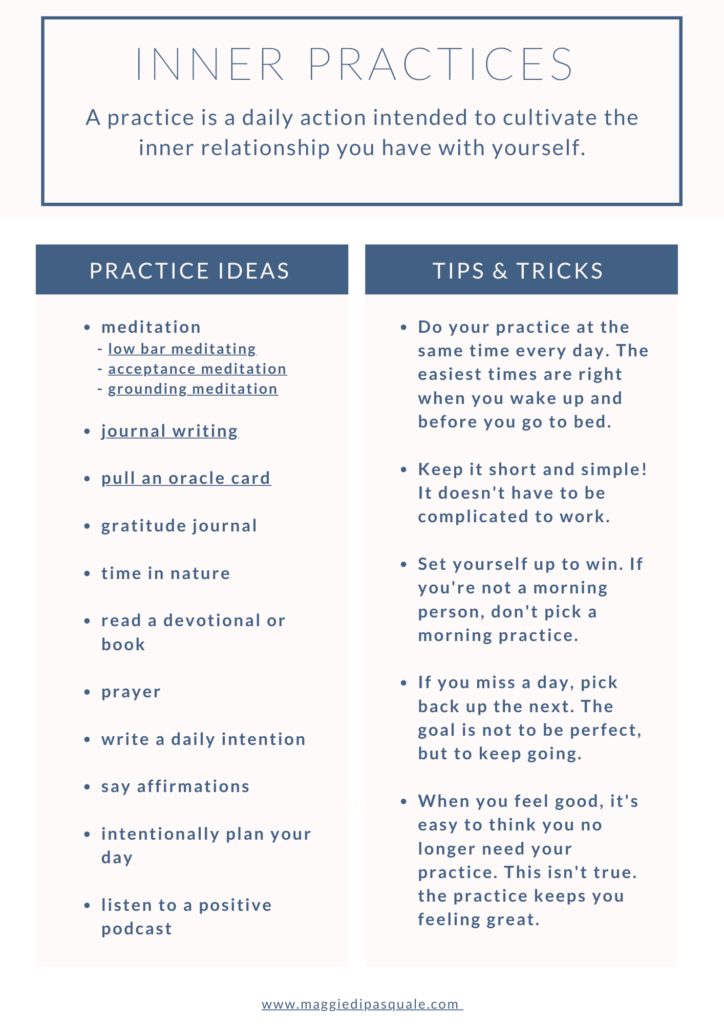a mentor tip for identifying your strengths
What’s the easier question to answer: “What are you good at?” or “What are you bad at?” My guess is the latter. Knowing what you’re good at feels like it should be obvious, but it’s not! In today’s pep talk, I’m sharing why it can be hard to see your good stuff, why it’s important to know your strengths, and a mentor trick for identifying what your gifts are!
Knowing what you’re good at is important. Positive psychology talks about how using our strengths everyday makes for a happier person and we need to think about what we’re good at when we apply to colleges or jobs even when making new friends.
Sometimes we’re too close to our good stuff to really see what it is. It comes so naturally that we don’t see it as a strength. On the flip side, it can be so much easier to focus on what we don’t have, instead of what we do. Another layer is sometimes what you perceive as a weakness is really a strength, maybe even your superpower.
Here’s my mentor trick to seeing your good stuff:
Ask someone you trust to answer these three questions.
Now, I know this could feel potentially super awkward to ask someone what you’re good at so I created a worksheet. Career coach, Ashley Stahl, uses this technique with her clients as well and I liked her tip to have the person write it down so you can refer back to it. This is especially important if you’re creating a resume or writing a college essay. You can do it with a best friend, a partner, your mom or dad, family member, mentor, teacher etc. Just make sure it’s someone supportive and who knows you.
Personally, I’m really excited to share these questions because I feel like one of my strengths is that I’m able to intuitively see people’s higher self and their highest potential so I love being of service in this way. If you’re one of my students and want me to do this for you let me know and we’ll do it together!
We are also so lucky today because I had a friend and one of my current students volunteer to let me fill this form out for them on the podcast so I can show you that it’s really not awkward to have people answer these questions for you!
It’s so interesting to see what other people see in you that maybe you don’t see in yourself.

